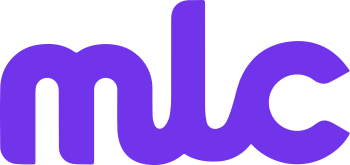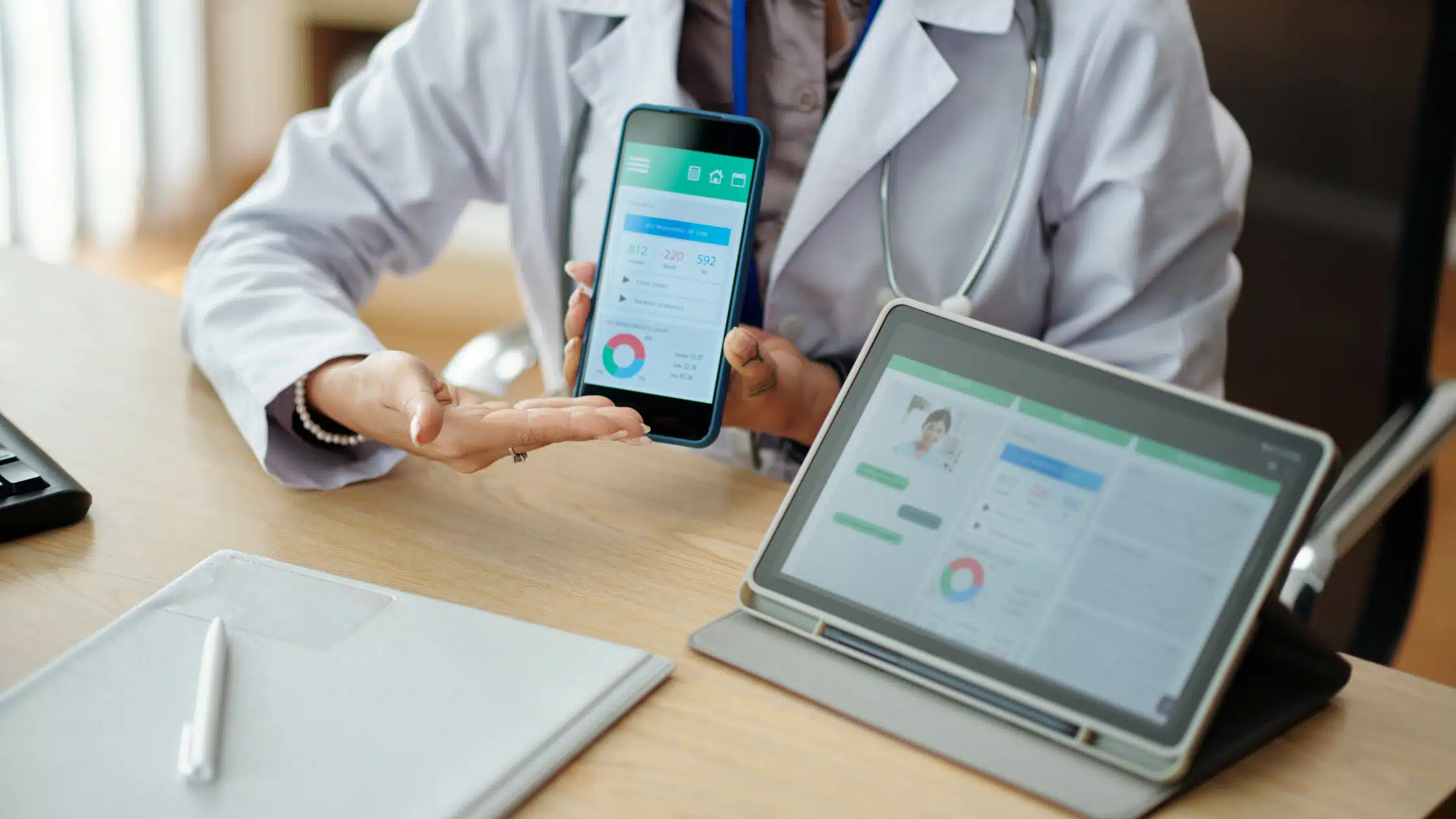The healthcare industry is undergoing a remarkable transformation, leveraging innovative approaches to enhance patient experiences and outcomes. One such approach is gamification – the integration of game mechanics into non-game contexts. In healthcare, gamification is proving to be a powerful tool to drive patient engagement, improve compliance, and foster healthier behaviours.
In this blog, we’ll explore how gamification is revolutionising healthcare, its benefits, real-world applications, and why it’s a trend that is here to stay.
What is Gamification in Healthcare?
Gamification involves incorporating elements like rewards, challenges, leaderboards, and progress tracking into healthcare programmes. By making health-related activities more interactive and enjoyable, gamification encourages patients to engage actively in their care.
For instance, a fitness app might reward users with points for meeting step goals, while a diabetes management app could provide badges for logging blood sugar levels consistently.
Why is Gamification Important in Healthcare?
1. Enhancing Patient Engagement
Patient engagement is crucial for effective healthcare delivery. Gamification motivates individuals to take a more proactive role in managing their health by making tasks enjoyable and rewarding. This heightened engagement leads to better adherence to treatment plans and healthier lifestyle choices.
2. Improving Treatment Compliance
Non-compliance with prescribed treatments is a persistent challenge in healthcare. Gamified solutions provide incentives, reminders, and a sense of achievement, making it easier for patients to stick to medication schedules, therapy routines, or dietary recommendations.
3. Boosting Preventative Healthcare
Gamification can be pivotal in promoting preventative measures. Apps and programmes designed with gamified features can encourage regular check-ups, vaccinations, and participation in wellness initiatives.
4. Reducing Healthcare Costs
Improved compliance and engagement result in fewer complications and hospital visits, leading to significant cost savings for both patients and healthcare providers.
Real-World Applications of Gamification in Healthcare
1. Fitness and Wellness Apps
Apps like Fitbit and Strava use leaderboards, challenges, and virtual rewards to motivate users to stay active and achieve fitness goals. These platforms encourage users to adopt healthier lifestyles in an enjoyable and social way.
2. Chronic Disease Management
Gamified apps for conditions like diabetes or hypertension encourage patients to monitor their health metrics consistently. For example, apps may reward users for logging their blood pressure readings daily.
3. Mental Health Support
Platforms like SuperBetter use game mechanics to help users build resilience and improve mental health. Through missions and rewards, users learn coping strategies and track their progress.
4. Rehabilitation
Gamified rehabilitation programmes, such as virtual reality-based physical therapy, motivate patients recovering from injuries or surgeries by making exercises engaging and goal-oriented.
5. Pediatric Care
Children’s hospitals increasingly use gamified tools to reduce anxiety and encourage young patients to participate in treatments. For example, apps like “Pain Squad” gamify pain management for children undergoing cancer treatment.
Challenges and Ethical Considerations
While gamification offers immense potential, it is not without challenges. Key considerations include:
- Data Privacy: Protecting sensitive health data is paramount.
- Accessibility: Gamified solutions must be inclusive and accessible to all, including those with disabilities or limited digital literacy.
- Sustainability: Maintaining user engagement over the long term requires constant innovation and updates.
- Anxiety and Pressure: For some, the gamification of health metrics may lead to stress or anxiety, particularly if daily goals feel unattainable or overly rigid.
The Future of Gamification in Healthcare
The rise of wearable technology, AI, and personalised healthcare is driving the evolution of gamified solutions. Future developments might include:
- AI-powered personalised gaming experiences tailored to individual health needs.
- Integration with virtual and augmented reality for immersive engagement.
- Expanded use of blockchain for secure data sharing and reward tracking.
As gamification continues to advance, it will play an increasingly integral role in patient-centred care.
A Game-Changer for Healthcare
Gamification is revolutionising healthcare by transforming mundane tasks into engaging and rewarding experiences. From enhancing patient engagement to improving compliance, its impact is far-reaching and undeniable.
At My Language Connection, we understand the importance of communicating these innovations effectively, and ensuring the data users are receiving are in their native tongue. Whether you’re a healthcare provider or a tech developer in the health sector, our translation and localisation services ensure your message resonates across global audiences.
Ready to take your healthcare solutions global? Let MLC help you break down language barriers and connect with diverse audiences. Contact us today to learn more about our professional translation and localisation services tailored for the healthcare industry.

